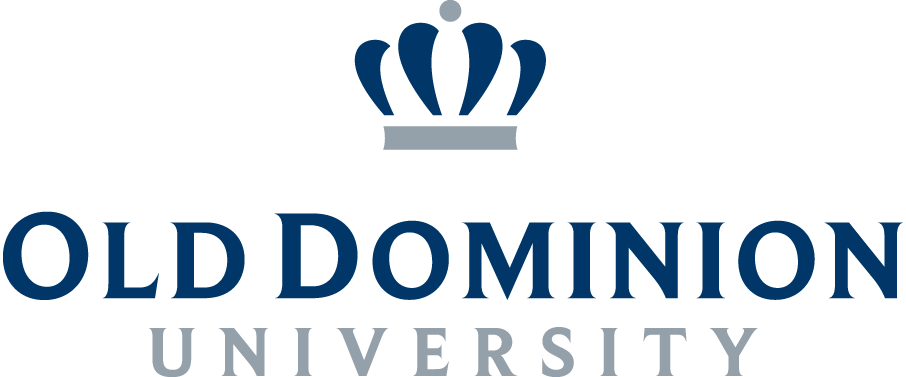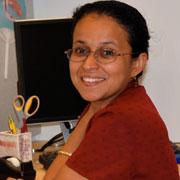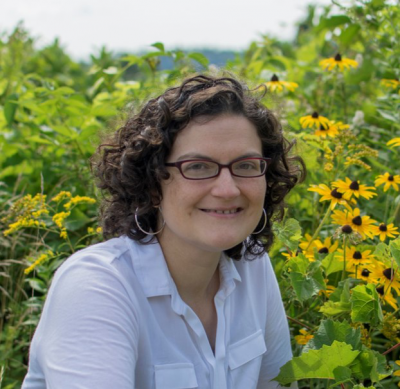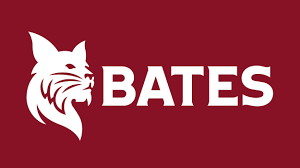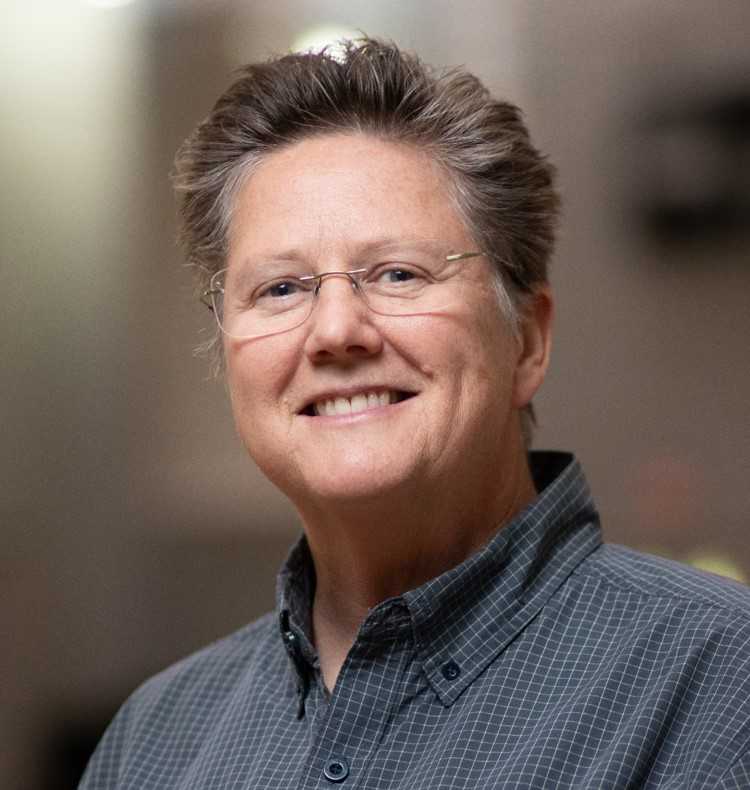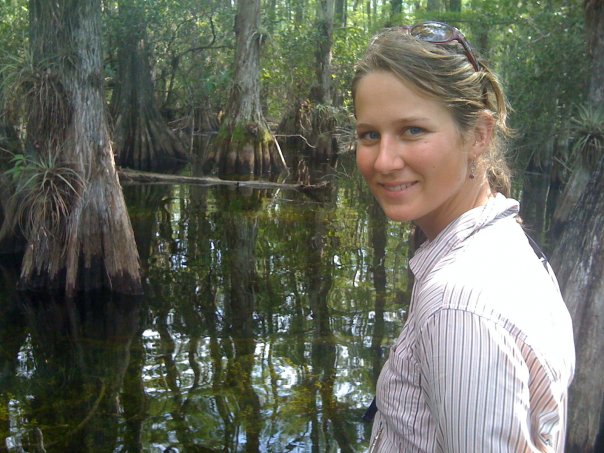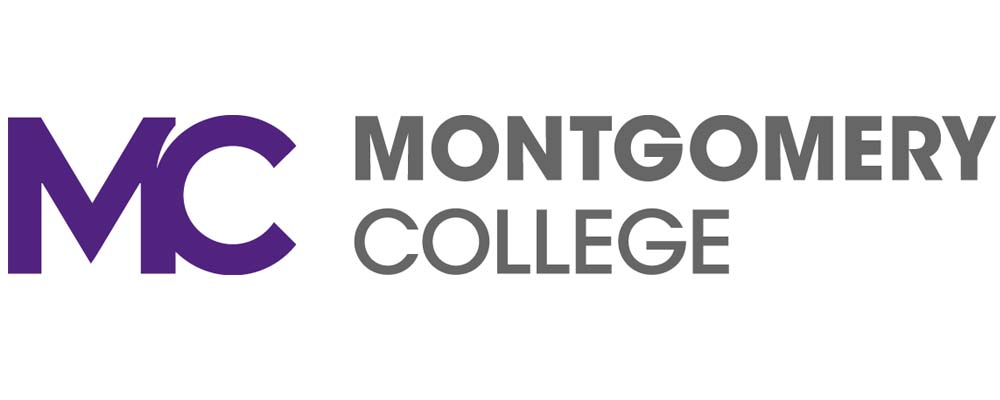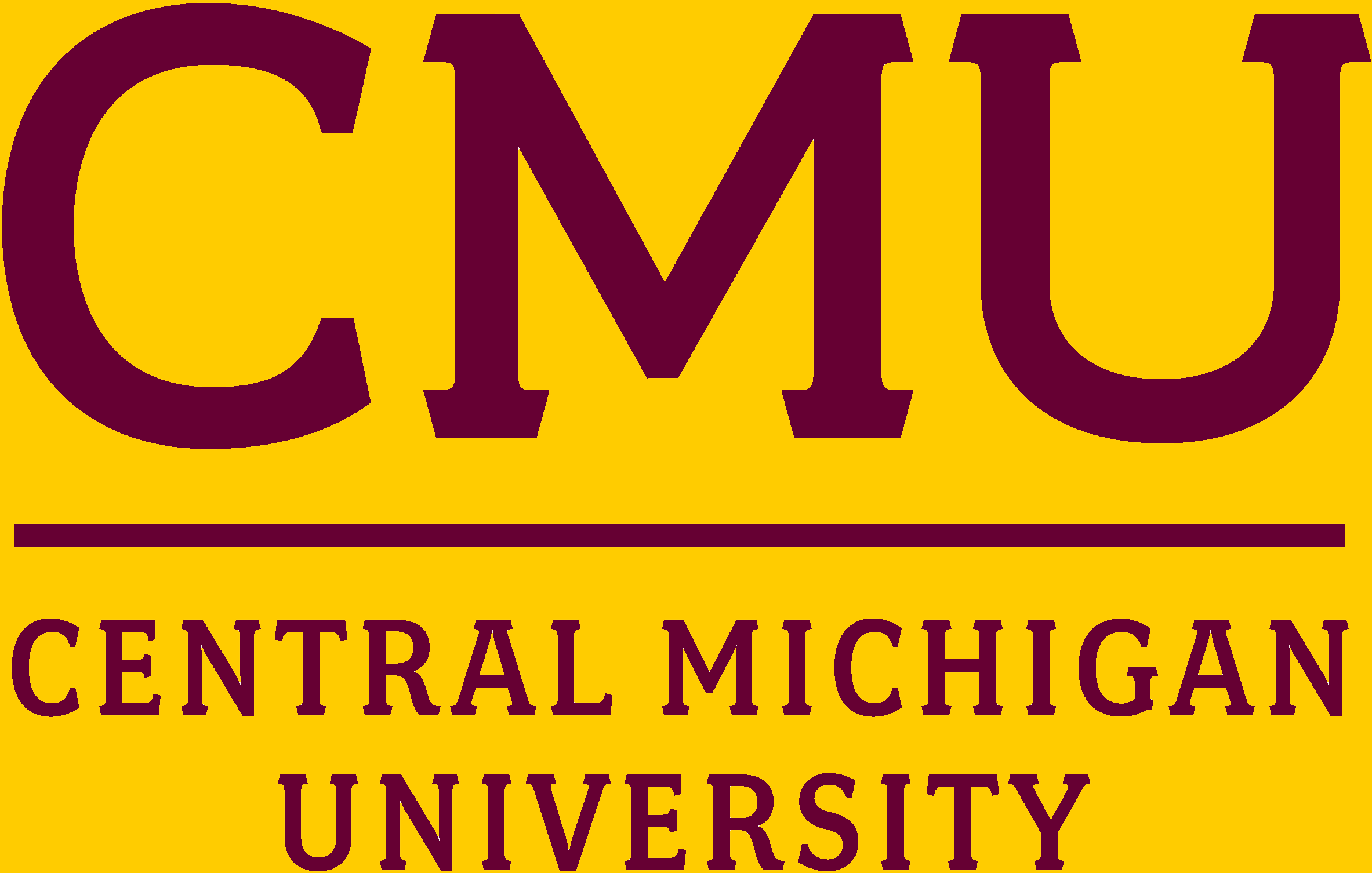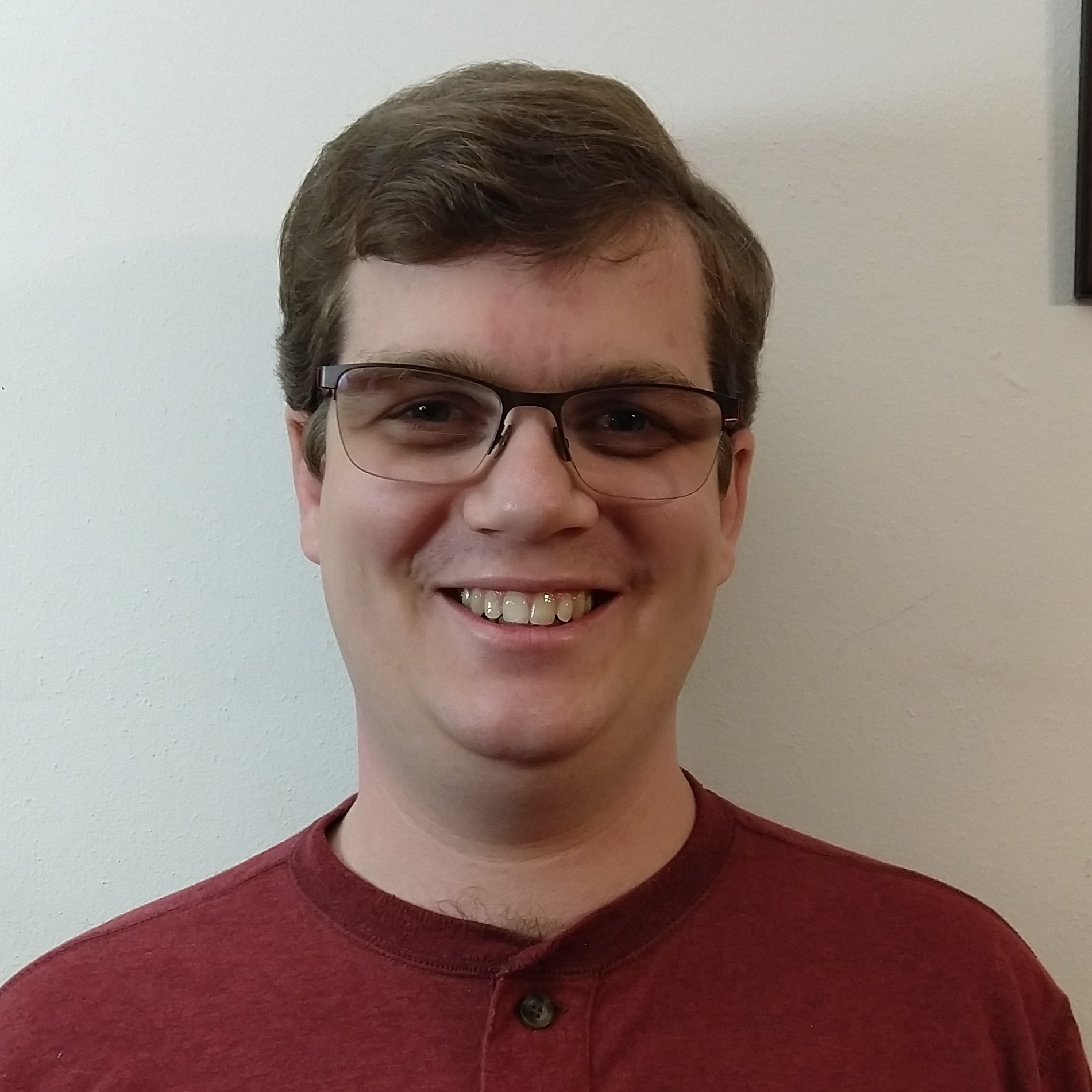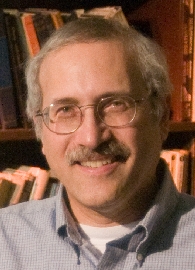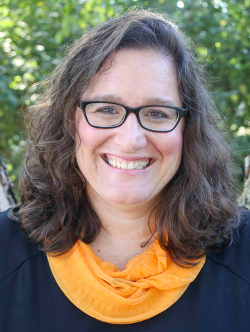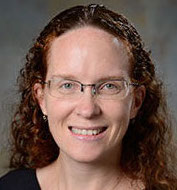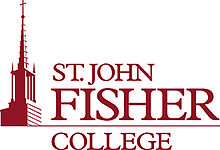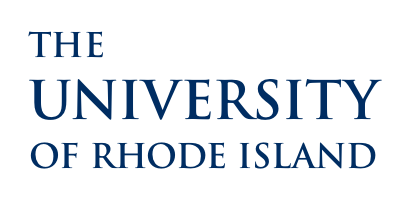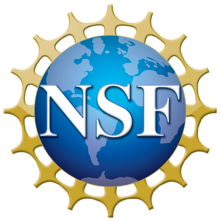The following sessions will be offered on Tuesday, June 19. Sessions will be hands on introductions to resources and pedagogical approaches. There will be three rounds of sessions and many of the presenters will be available throughout the week.
10:45 am
Avida-ED: Teaching Evolution and the Nature of Science with Digital Organisms
Session Materials
Avida-ED Lab Book
Version: 1.0
Date & Time:
Monday, July 15
10:45 am
Room 2233
Description:
Would you like your students to engage with evolutionary mechanisms using a digital model that is not just a simulation of the effects of evolution? Are you interested in implementing an active learning and inquiry-based scientific experience in your course?
Using the free browser-based digital evolution platform Avida-ED, your students can design experiments and collect data to observe how random mutations and evolution in action can produce populations with individuals varying in fitness. This authentic research experience addresses common misconceptions in an engaging and exploratory manner that many of our students find to be “really cool and helpful,†and “a vivid way to learn†about evolution. For many of our students this experience was the first time they identified with the scientific community: “[With] the Avida-ED project, [it] felt like I was a researcher.â€
In our session participants will perform a set of exercises designed to address common misconceptions regarding the process of evolution. We’ll then describe some independent research projects carried out by groups of students using Avida-ED. Our session’s initial exploration of this curriculum will provide the basis for a discussion about how workshop participants might implement Avida-ED lessons and/or research projects in their own courses.
This Avida-ED curriculum has been implemented in biology courses at Michigan State University and around the US, ranging from high school through advanced undergraduate. We will also present data on work we have done to assess the effectiveness of Avida-ED implementations on student learning of evolutionary concepts and science process skills.
For more information about Avida-ED click here
Introducing Students to Data Science
Introducing Students to Data Science
Version: 1.0
Date & Time:
Monday, July 15
10:45 am
Room 2227
Description:
In this session, I will introduce a number of laboratory exercises and vignettes, used to teach the DATA 100 course Wicked Problems at the College of William and Mary. Emphasis is placed on introducing a broad spectrum of students to data science, each one who may have varying degrees of previous programming experience as well as a number of different disciplinary interests. In order to share these teaching methods as part of this session, I will be using R-Studio, with LaTeX generated PDF documents and slack for communication and data sharing.
Learning with All Your Senses: Mathematical Manipulatives Enhance Student Comprehension of Biological Models
Learning with All Your Senses: Mathematical Manipulatives Enhance Student Comprehension of Biological Models
Version: 1.0
Description:
Please join us for a workshop focused on kinesthetic learning. We have found that by engaging students in building and manipulating three-dimensional models of biological phenomena (and mathematical concepts underlying these phenomena) that many students who struggle with abstract or symbolic math can gain greater understanding, facility, confidence, and ownership. We will begin with a gallery of various models that span the range from molecular to ecological levels, including manipulatives that capture epidemiological models, statistical principles, and fascinating biology like self-assembling viral capsids and the exquisite topology of radiolarians. We will have 3D printers as well as hands-on materials for participants to construct their own models throughout the week. All examples are intended to be accessible to students with high school algebra and geometry (i.e. no calculus is required), and for instructors with any level of quantitative acumen.
Please download this document containing information and references relevant to this session.
Molecular Case Studies: Analysis at the Interface of Biology and Chemistry
Date & Time:
Monday, July 15
10:45 am
Room 2223
Description:
Understanding "Structure and function" is a core concepts common to biology, chemistry, and biochemistry education. However, introducing students to molecular structure visualization and helping them bridge the gap between biology and chemistry can be challenging. A group of seven undergraduate educators from around the nation have formed a network, called Molecular CaseNet. They have collaboratively identified real world contexts (problems, topics, phenomenon), and developed molecular case studies for use in a variety of different courses and at different levels of rigor. In addition to instruction in biomolecular structure and function, these cases are designed to introduce students to currently underutilized, and public, bioinformatics resources, while engaging them in "scientific practices." In this interactive workshop, you will be introduced to some of these cases and invited to pilot them in your own classrooms. Your feedback will help improve these cases for use in interdisciplinary teaching and learning.
Learn more about Molecular CaseNet
Teaching and Science in the Open
Description:
In this roundtable, we continue the discussion of the Open Education Ecosystem and the Open Science Ecosystem. What is open science about and why do we teach it? What are the approaches we take to help students feel more comfortable doing science in the open? What is the Open Education Ecosystem? How do we leverage it for more equitable classrooms? And finally, how do we participate in the Open Education Ecosystem - how can we take a scholarly open science approach to our teaching?
Using NEON Data and Teaching Materials with Your Students
Date & Time:
Monday, July 15
10:45 am
Room 3231
Description:
In this workshop session, we will explore currently available Open Educational Resources for working with NEON data and then use the NEON data portal to directly access NEON data of interest with a discussion of considerations for using the NEON portal and data with students. Participants will leave this session with the tools and comfort level to discover and access data from the NEON data portal and to be aware of and able to use the open educational resources available from NEON.
This session will be presented as a guided navigation through the available resources, therefore, workshop participants should bring a laptop with internet access, Excel or Google Sheets, and R installed (tablets and phones are not ideal) to be able to participate fully in the workshop. This workshop will NOT extensively use R and participants who have never used it are welcome to attend. Installation instructions will be provided on the workshop webpage.
Workshop page containing session materials
2:00 pm
Conducting a Case Study Jigsaw - In an Online Classroom
Date & Time:
Monday, July 15
2:00 pm
Room 2233
Description:
Using case studies and having students collaboratively learn in a jigsaw are common techniques used in face to face classrooms as a way to engage in active learning. However, these activities are often not utilized in the online classroom due to the inherent difficulty of adapting them to be successful. In this session, participants will complete a jigsaw case study on the Flint Water Crisis and simulate the challenges and solutions when extending this to the online world. This session has a teeny, tiny, little bit of homework in order for participants to get the most out of it, so please read the follow-up information on the sign-up sheets.
Using Data Science Skills and Digitized Natural History Collections Data to Investigate Ecological and Evolutionary Principles in Introductory Biology Courses
Description:
In this workshop you'll explore activities, developed by the Biodiversity Literacy in Undergraduate Education (BLUE) RCN-UBE, in which students investigate topics in ecology, evolution, and organismal biology using data from digitized natural history collections. BLUE's goals are to bring together communities of biodiversity, data science, and education specialists to identify core undergraduate biodiversity data competencies and standards and develop effective strategies for sustained integration of biodiversity and data literacy education into the undergraduate biology curriculum. BLUE participants have brought some of these strategies into practice by developing example curriculum materials.
In alignment with the core content and competencies identified in Vision and Change in Undergraduate Biology Education, the BLUE modules can be used to integrate the scientific process, present biological concepts in a real-life context, and engage students as active participants in science in early foundational courses. Module topics include: coevolution of plants and pollinators, factors influencing animal size, and correlations between species' distributions and a range of environmental variables.
We'll present an overview of the modules that have been developed, then allow participants to select a module to work through individually or in small groups. Participants will also learn about ongoing BLUE activities and opportunities to get involved. More information about BLUE is available on our website: www.biodiversityliteracy.com/ and materials are housed on the QUBEShub.
Making Universal Design for Learning Accessible to Faculty
Date & Time:
Monday, July 15
2:00 pm
Room 2229
Description:
Universal Design for Learning (UDL) is a research-based framework used to develop learning environments that are effective for all learners, not just those who identify as having a disability. It is not a time-consuming exercise in repeatedly accommodating individual students’ needs. Instead, UDL is a practicethat seeks to create inclusive learning environments for all students, lowering unnecessary environmental barriers while providing challenging and engaging learning experiences.
In this session, we will discuss what UDL means in higher education and guide participants through two activities in which they will practice applying UDL concepts. Participants will experience screen reader use in a data science context, exploring strengths and weaknesses, and how this new skill can help them easily assess accessibility of their own learning materials. Together, we will also rework a traditional biology lecture topic to incorporate multiple means of engagement, representation, and action and expression. During the session, we plan to have everyone practice applying UDL guidelines to an activity of their own. We would like you to bring an activity, lesson, or unit that covers a "pinch point," or consistent area of difficulty for your students. Ideally this is a focused activity or concept that you have previously implemented in your course.
We will be working in small groups to apply the UDL guidelines to materials in an attempt to remove unnecessary barriers and alleviate instructor and student angst around these pinch points. If you are unable to bring an activity, we will have some examples to work with, but the session will be most meaningful if you can work on your own curriculum. Participants will leave with a clearer understanding of UDL, and new skills and easily actionable ideas for implementing it.
There are UDL resources in this collection
Prioritizing your Data Science Curriculum
Prioritizing your Data Science Curriculum
Version: 1.0
Date & Time:
Monday, July 15
2:00 pm
Room 2223
Description:
A central issue in undergraduate education is how to effectively prioritize the vast set of concepts and skills that might be included in a curriculum. This is particularly an issue in areas such as data science that cross many quantitative and domain disciplines. Prioritization typically arises from institutional history, recommendations from national reports, accreditation standards, etc. This session will focus on an alternative rational method to constrain the potentially immense collection of quantitative training that might be incorporated in an undergraduate life science curriculum. The method is being piloted for graduate biomedical education through support from the Burroughs Wellcome Fund, but a modified methodology is appropriate at the undergraduate level. A key objective is to account for the constraints on faculty expertise at an institution, thus tailoring the curriculum based on local interests and expectations of and for students. This session will provide participants with a quantitative curriculum development rubric to combine faculty expertise at they own institution with guidance from national reports, such as the areas included in the definition of “data acumen” in the National Academies report “Envisioning the Data Science Discipline: The Undergraduate Perspective”.
Google Doc with workshop materials
Learn more about the National Academies Report
Simple Models + Simple Lab Procedures = Good Questions
Date & Time:
Monday, July 15
2:00 pm
Room 3227
Description:
Working with models and any non-superficial quantitative analysis presents a high cognitive load on early biology students. It is possible to meet this challenge using laboratory protocols that are transparent to even naive students freeing the student to consider the model (to generate more questions and drive knowledge acquisition) or the type of analysis that can support strong scientific argumentation. We will work through two examples of blending models, quantitative analysis and accessible laboratory techniques.
6:30 pm
Addressing your student's math anxiety: resources you can use immediately
Description:
Nearly every instructor has observed a student immediately shut down when faced with a quantitative concept. BIOMAAP (Biology student Math Attitudes and Anxiety Program) provides a set of resources for instructors to help their students overcome these affective barriers to learning quantitative skills. Students participate in activities that encourage metacognitive reflection, promote a growth mindset, and enhance their inherent number sense.
Quotes from participating students:
"I understood that these BIOMAAP activities were going to be about math anxiety, but I didn't feel like I had it. I was always an accelerated math student in school. But doing these activities made me realize that I had a 'go-to' method for solving problems that made me anxious. I learned to think about other ways of solving problems."
"I would describe this as self-help for anxiety-not just for math. The activities will help you learn the basics of a growth-mindset."
"Another activity that I really liked was the reflective writing before tests. She had us write down everything that was bothering us before the test. When I saw it on paper I thought, 'Why was I worried about that?' and she continued to do that before every test and it is really helpful."
DIGging Into Data and getting the credit
DIGging Into Data and getting the credit
Version: 1.0
Date & Time:
Monday, July 15
6:30 pm
Room 2233
Description:
With the importance of quantitative skill development in biology curricula clearly articulated in Vision and Chang (AAAS, 2012), numerous educators have answered the call to create and facilitate innovative data-centric pedagogies to promote data literacy and skill development in their classrooms. Data-centric curricula using authentic inquiry are now readily available, allowing faculty to find and adapt resources for use in their classroom without reinventing the wheel. Many of these data-centric resources are nested within the educational paradigm of Open Education Resources (OERs), and while these resources are freely accessible adoption and adaptation of these resources is not quite ubiquitous. In this session you will learn about where and how to find OER data-centric resources, what it means to go through the OER lifecycle of a resources, and how to get credit for your educational scholarship by posting your adaptations of these resources on QUBES. Come ready to explore the data-centric resources on QUBES and start thinking about how you would Use, Adapt, Refine, and Share your adaptations with the QUBES community and beyond.
For more information about this project click here
Electronic Lab Notebooks: Options for Building Data Management and Quantitative Reasoning Skills
Electronic Lab Notebooks: Options for Building Data Management and Quantitative Reasoning Skills
Version: 1.0
Date & Time:
Monday, July 15
6:30 pm
Room 2227
Description:
The laboratory notebook is the cornerstone of any laboratory course. Students develop critical thinking, documentation, and communication skills while mastering scientific concepts. Furthermore, the use of electronic lab notebooks (ELNs) for documentation has become the standard for data management in industry and academic labs.
Replacing paper with an interactive research notebook provides students with authentic data management skills. It also offers a medium for easily incorporating quantitative reasoning into the curriculum to address real. Instructors using digital notebooks in their courses reported a significant increase in student engagement and assessment scores.
In this workshop, we will explore the current ELNs landscape and best practices for moving from paper to digital.
Using IF-AT (Immediate Feedback Assessment Technique) Forms for Collaborative Activities
Using IF-AT (Immediate Feedback Assessment Technique) Forms for Collaborative Activities
Version: 1.0
Date & Time:
Monday, July 15
6:30 pm
Room 2229
Description:
IF-AT forms are scratch-off lotto ticket style scantrons. They have been traditionally used for multiple choice tests as a way for students to earn partial credit based on how many tries it took to get the right answer. These forms can also be used in self-paced activities to allow the instructor to circulate around the classroom while students can immediately determine if their answer is correct. In this session, participants will learn how they can use these forms in group activities by learning about organic food labeling and use the IF-AT forms in a hands-on collaborative activity testing their knowledge on food labels. **This is not a presentation on behalf of Epstein Educational Enterprises, the creator of the IF-AT form. We will also briefly discuss similar alternatives.**
Learn more about IF-AT forms: http://www.epsteineducation.com/home/about/default.aspx
Inclusive Education Leadership
Description:
A critical component of equity praxis is the commitment to be continuously reflective about one's actions, evolving views, and impact on others. As faculty developers and otherwise practitioners engaged in systemic change pertaining to equity we believe in the importance of modeling the necessity of this reflection, and constantly positioning ourselves in the context of our work. In this session, Dr. Diaz Eaton and Dr. Dewsbury will engage in a co-interviewed conversation with each other about how they came to their work on equity, how it has evolved, and the ways in which it continues to impact their lens on social justice overall. After the conversation, the rest of the conversation will be generated by questions, comments and discussions with the participants in the session.
Dual Session: Current Funding Opportunities at the National Science Foundation & Visualizing your program for funding success: Logic & Theory of Change Models
Description:
NSF Funding: This session will cover current funding opportunities in the NSF Divisions of Undergraduate Education (DUE) and Biological Infrastructure (DBI). Tips and suggestions for writing competitive proposals will also be discussed.
Logic & Theory of Change: Ever wonder how to create a big picture of your program to engage stakeholders and funding agencies? How to define program goals and outcomes to leverage impact and move towards sustainability? In this session, examples of logic and theory of change models will be shared along with strategies for visualizing programs to inform and engage funding agencies in the proposal process and beyond.
Teaching Biology Using RNA-Seq Analysis
Date & Time:
Monday, July 15
6:30 pm
Room 3231
Description:
The ease of performing RNA-Seq and the reduced cost of sequencing has not only led to the democratization of this powerful technology, but to an expanding array of datasets that are publicly available and in need of analysis. This session will focus on how RNA-Seq analysis can be employed as a powerful teaching tool that can teach, reinforce, and integrate many of the concepts covered in an Introductory Biology course in a manner that blends teaching and research and exposes students to quantitative approaches that are essential in contemporary biology.



